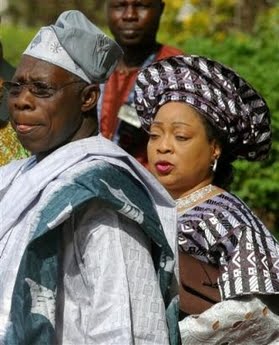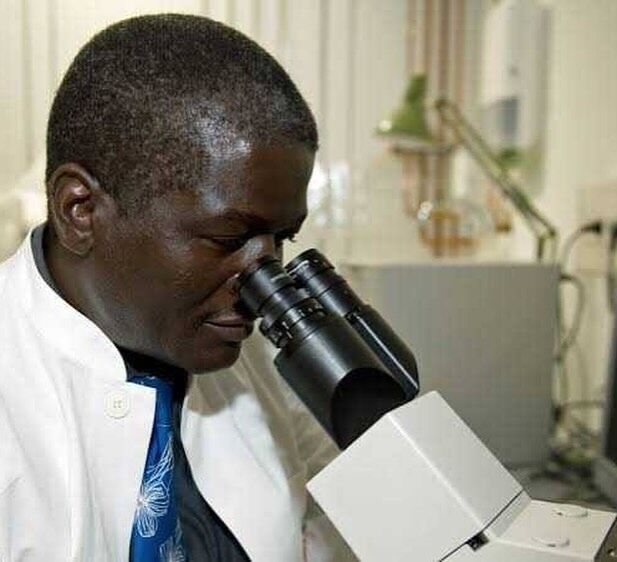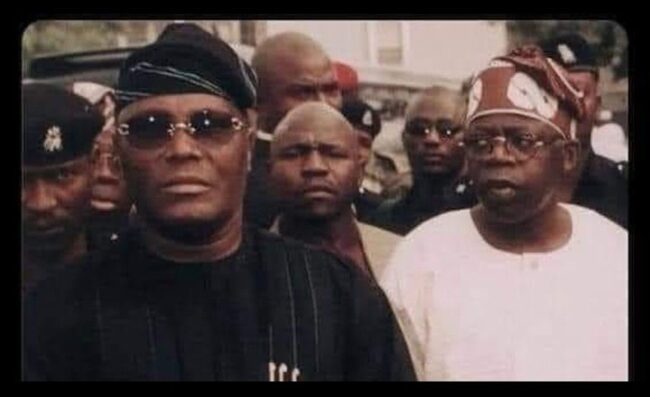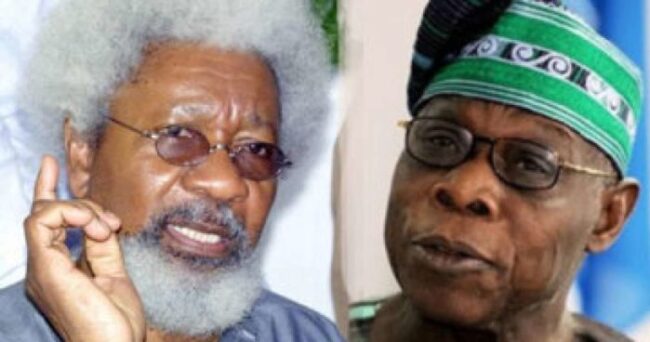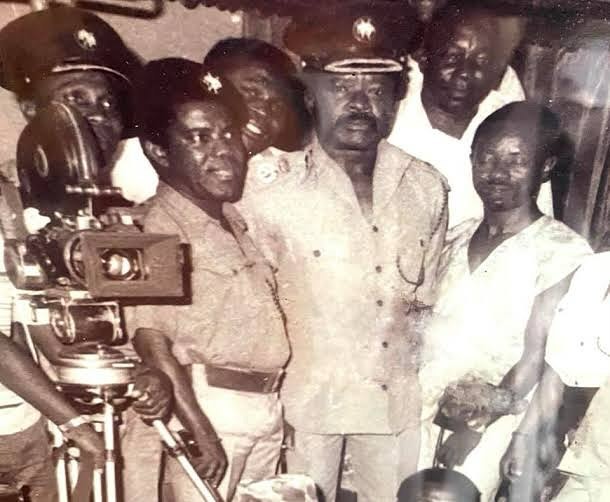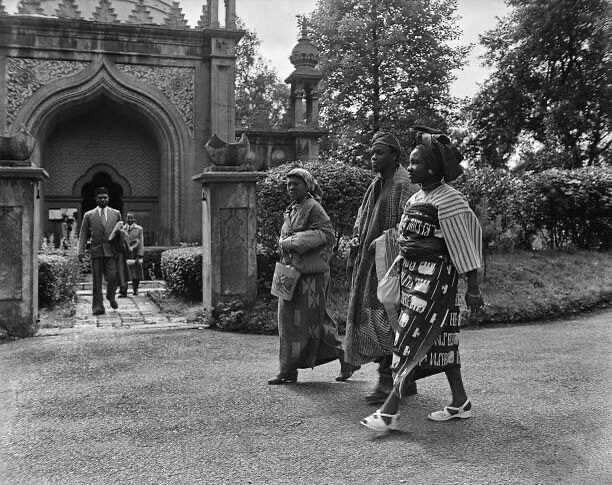In a conversation in 1977, Professor Wole Soyinka and Aremu Olusegun Obasanjo, the military head of state at the time, highlighted their strong bond. These two have a tense relationship and are frequently kept apart even though they have the same Egba roots and lineage. Both Soyinka and Obasanjo are outstanding writers and public figures, but they are weak when it comes to politics, claims Gani Fawehinmi. Because of their ancestry, both men—Obasanjo from his paternal roots and Soyinka from his maternal heritage—have ties to Egbaland. Both of them grew up in and around Abeokuta; in the middle of the 1940s, Soyinka enrolled in the Anglican-run Abeokuta Grammar School before moving on to Government College in Ibadan.In the meantime, Soyinka was already enrolled at the University of Ibadan when Obasanjo started attending Baptist Boys High School in the early 1950s. We are aware that in August 1967, their paths intersected once more.According to their versions, Soyinka asked the two guys to meet one evening in Ibadan. Both sides have contested the specifics of their conversation, but it is certain that whatever they talked contributed to General Yakubu Gowon’s decision to place Soyinka in solitary prison for 22 months during the Civil War. One of the most vocal members of a group of Nigerian activists who worked tirelessly to discredit Obasanjo’s chances of receiving serious consideration for the position of UN Secretary General due to his human rights record as military head of state, Soyinka may have had the opportunity to repay Obasanjo 25 years later. A few years later, they were somewhat linked by fate to oppose the Sani Abacha dictatorship. One man left to fight against the dictator overseas, while the other remained to put up with Abacha’s oppression. In the end, Soyinka would be just as critical of the Abacha regime as he was of the second OBJ administration. In a statement released in July 2003, Soyinka charged that the Obasanjo administration was trying to hide the identities of Bola Ige’s killers and that the ruling party was harboring “a nest of murderers.” Soon later, Obasanjo sent back his own letter in response. The choice to lead the Pro-National Conference Organization (PRONACO) in place of Obasanjo’s Sovereign National Conference marked the pinnacle of Soyinka’s opposition to the Obasanjo administration. Femi Fani-Kayode famously protested on the President’s behalf after Soyinka further insulted him in January 2006, saying that “it is always very difficult to reason, debate or have any form of meaningful discussion or dialogue with any person that does not believe in God. As you can see, Wole Soyinka abandoned the notion of a Christian God and, in his own words, “gravitated towards a deeper knowledge of the orisha, which represents the Yoruba pantheon, very similar in many ways to the Greek pantheon” after growing up as a devout Anglican. The spiritual perspective he found was “more honest than a kind of unicellular deity of either Christianity or Islam,” he claims. Even when he abandoned the monogamous responsibilities of his Baptist upbringing, Obasanjo never completely escaped the centripetal force-field of his Baptist roots. This was true even when he supported the use of “juju” to overthrow South Africa’s apartheid regime in the 1980s. One may argue that he veered off course for a while, but his imprisonment from 1995 to 1998 was a kind of spiritual turning point. Since then, he has authored at least three Christian treatises: “Women of Virtue: Stories of Outstanding Women in …

